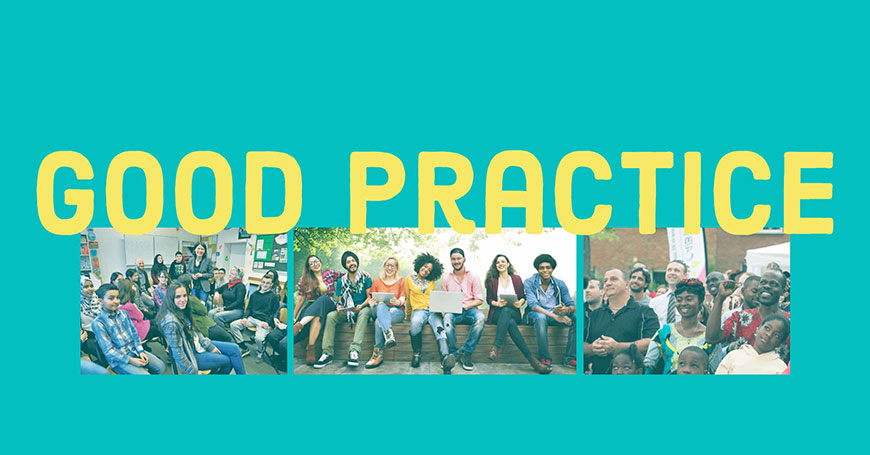Intercultural cities: good practice examples

The first step is the adoption (and implementation) of strategies that facilitate positive intercultural encounters and exchanges, and promote equal and active participation of residents and communities in the development of the city, thus responding to the needs of a diverse population. The Intercultural integration policy model is based on extensive research evidence, on a range of international legal instruments, and on the collective input of the cities member of the Intercultural Cities programme that share their good practice examples on how to better manage diversity, address possible conflicts, and benefit from the diversity advantage.
This section offers examples of intercultural approaches that facilitate the development and implementation of intercultural strategies.
City of Sanctuary – welcome and settlement
Purpose: Welcome and Settlement Stimulus/Rationale: Swansea Council has pledged its commitment to supporting its status as a City of Sanctuary – welcoming those fleeing from war/persecution....
Participatory Budget
Enhancing the participation of citizens in the decision-making process. Launched in 2014 to implement actions of participatory democracy in Paris, the Participatory Budget aims at mobilising all...


